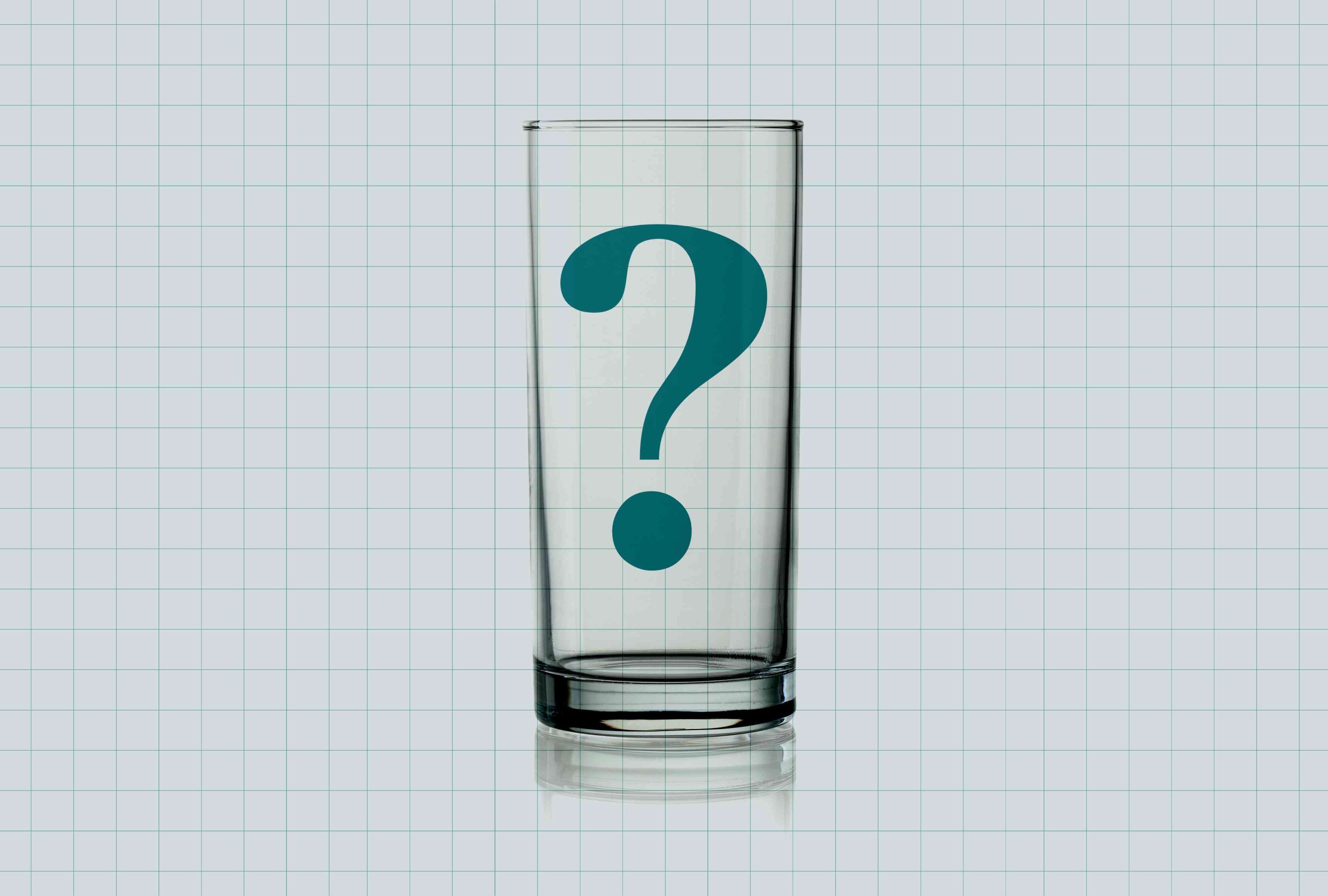The Hydration Power of Milk
Hydration isn’t just about drinking water. There are other nutrient-rich beverages that can help keep your body properly hydrated, and one of them is milk. While water should always be your primary source of hydration, milk offers a unique combination of water, electrolytes, and carbohydrates that can support fluid balance and recovery after physical activity.
Milk has the perfect hydrating trifecta: it contains water, electrolytes, and carbs. This combination makes it an effective option for staying hydrated, especially when you’re feeling extra thirsty after a workout or in hot weather. Research supports this idea. A study published in the American Journal of Clinical Nutrition tested 13 different beverages and found that whole milk, skim milk, and orange juice provided better hydration than water. Another study from 2020 in Nutrients showed that a milk-based hydration drink helped the body retain fluids longer than water or sports drinks, while also causing a smaller spike in blood sugar levels.
Electrolytes in Milk
Electrolytes like sodium, potassium, calcium, and magnesium play a crucial role in maintaining the body’s fluid balance. They help regulate chemical reactions, muscle contractions, and blood pressure. According to Katie Brown, Ed.D., RDN, executive vice president of the National Dairy Council, milk provides all these essential electrolytes regardless of its fat content.
Tolong support kita ya,
Cukup klik ini aja: https://indonesiacrowd.com/support-bonus/
For example, an 8-ounce serving of reduced-fat (2%) milk contains 96 mg of sodium, 390 mg of potassium, 29 mg of magnesium, and 252 mg of phosphorus. These minerals work together to help the body retain fluids more effectively. Without the right balance of electrolytes, the water you drink may not be absorbed as efficiently, which can lead to dehydration.
Milk Is 90% Water
Dairy milk is naturally high in water, making it a good source of hydration. In fact, milk is about 90% water, similar to how fruits and vegetables contribute to your daily fluid intake. Melanie Betz, M.S., RD, CSR, FAND, explains that milk’s water content is absorbed in the intestines, promoting hydration just like water does. However, what sets milk apart is its natural electrolyte content, which helps regulate fluid balance and enhance hydration.
Natural Carbohydrates in Milk
Milk contains lactose, a natural sugar that is a type of carbohydrate. According to Betz, any form of carbohydrate—like lactose—can aid in hydration because the absorption process requires electrolytes. This means that the carbs in milk help electrolytes get absorbed into the bloodstream, where they can support fluid retention and overall hydration.
Additionally, the presence of carbohydrates in milk slows down digestion, allowing for a slower release and absorption of the water in the beverage. This leads to more sustained hydration, which can be beneficial after intense physical activity.
Plant-Based Milks and Hydration
When it comes to plant-based milks like oat or almond milk, the hydration benefits aren’t as clear. There isn’t enough research on their role in hydration, and the nutritional profiles of these alternatives vary widely. Most plant-based milks don’t contain the same balance of electrolytes and nutrients as dairy milk, which can make them less effective for hydration.
However, fortified soy beverages are considered the closest alternative to dairy milk, according to the Dietary Guidelines for Americans. If you’re choosing a non-dairy option, check the nutrition label for electrolytes to understand its hydration potential.
Should You Replace Water with Milk?
While milk can be a good hydration source, it shouldn’t replace water as your main beverage. The Institute of Medicine recommends that young men consume around 3.7 liters (125 ounces) and women 2.7 liters (91 ounces) of fluids daily. If all of that came from milk, it could add up to over 1,000 calories per day, which is far more than most people need.
That said, there are situations where milk might be a better choice. After a tough workout, milk can be a great post-exercise recovery drink. It provides hydration, electrolytes, and carbohydrates, making it a natural and budget-friendly alternative to sports drinks.
Final Thoughts
Studies suggest that milk can be as hydrating as water due to its natural balance of electrolytes, water, and carbs. However, for most people, water remains the best option for daily hydration. When you’re thirsty, start with water. But if you’re feeling extra parched, especially after a sweat-inducing workout, a glass of milk can be a smart and satisfying choice.







